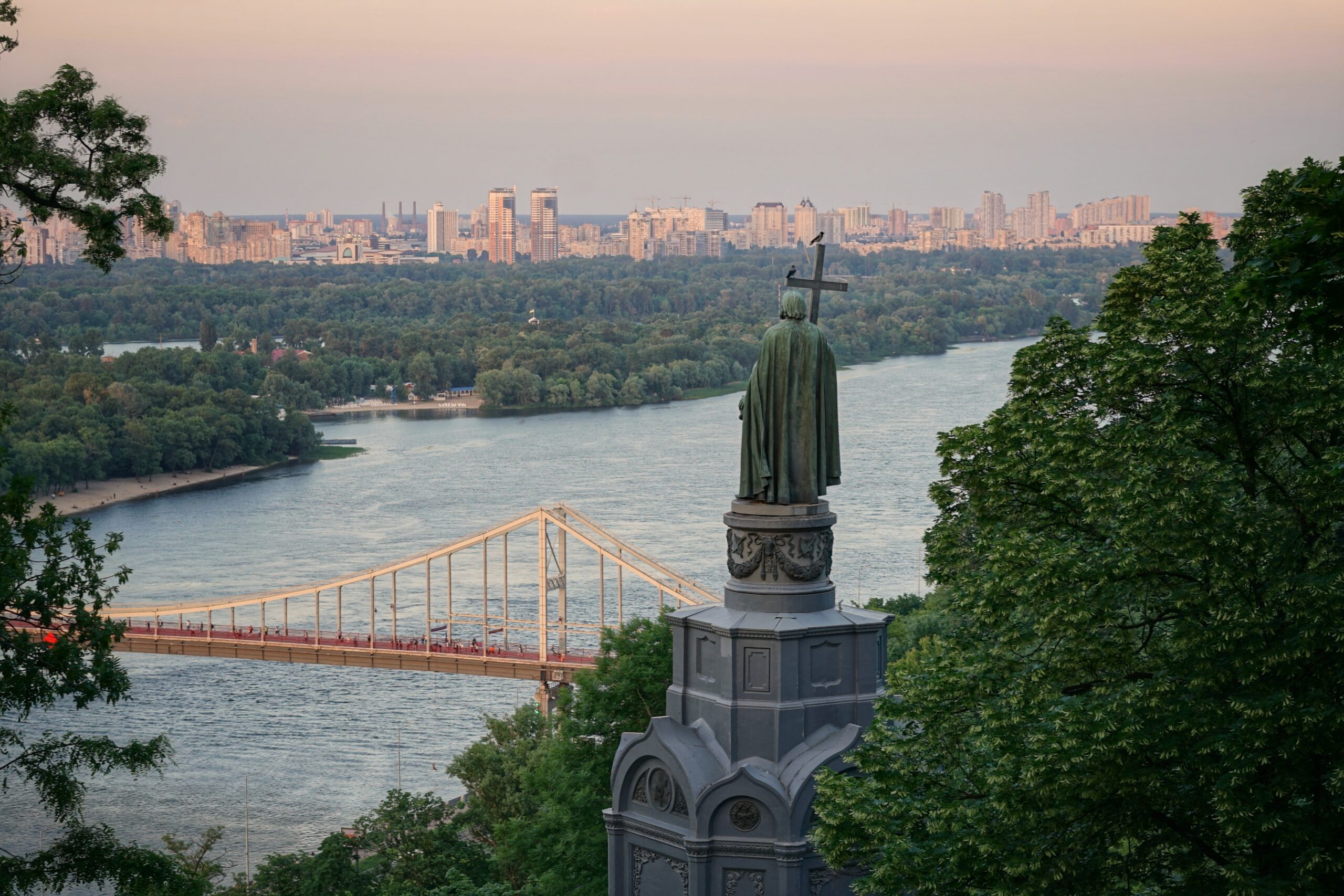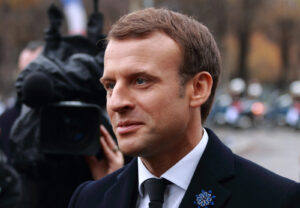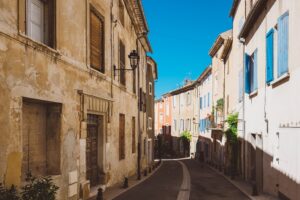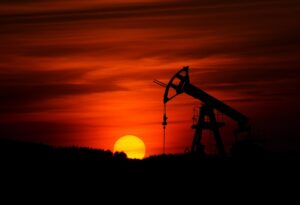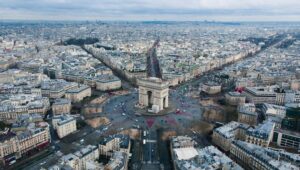As of today (February 28th, 2022), Russia’s full-scale invasion of Ukraine is on its fifth day. The assault illustrates President Putin’s brutal and wanton attempt to overpower democracy and freedom in Eastern Europe. The military invasions consume Ukraine’s air, sea, and land. Ukrainian President Volodymyr Zelenskyy pleads that all “the Ukrainian people want [is] peace,” but reaching peace is a complex path that Ukraine cannot traverse alone.
Ukrainian Ambassador to the UN, Sergiy Kyslytsya, has called on the international community “to do everything possible to stop the war.” The international community and allies have approached the crisis by implementing vast economic sanctions aimed to deter Putin or, at least, have him feel the consequences of this war at a later point.
At first, South Africa was slow to respond to the invasion of Ukraine. The government released a fairly diplomatic response to the attack on the 24th of February with International Relations and Co-Operation Minister Naledi Pandor releasing the statement that “SA urges all parties to devote increased efforts to diplomacy and find a solution will help avert further escalation. The door of diplomacy should never be closed, even as conflict has broken out”. Pandor also strongly condemned Russia’s invasion and called on Russia to withdraw from Ukraine.
Illustrating the divisive responses to the crisis, some South Africans welcomed the government’s condemnation and call for reconciliation, while others took to social media to ask Pandor, “which South Africa?”. Social media users argued that South Africa should not involve itself in the conflict because we have our internal struggles to worry about.
Pandor’s statement also brought divisions within the African National Congress to the fore. President Ramaphosa is reported to have been unhappy with her statement as the statement goes against South Africa’s policies of non-intervention. On Thursday, Defence Minister Thandi Modise celebrated Russia’s Defender of the Fatherland Day, a move that South Africa’s media view as an attempt to repair relations with Russia after Pandor’s call to withdraw and respect Ukraine’s sovereignty.
So far, South Africa’s stance has been to cautiously promote diplomacy and dialogue before considering enforcing sanctions that could harm both the local economy and Pretoria’s relationship with Moscow.
This echoes the response that South Africa and other BRICS countries took to the 2014 annexation of Crimea. As a part of the BRICS bloc, China has avoided using the term “invasion” to explain Putin’s war on Ukraine and has urged for diplomacy and restraint. Like Putin, China and South Africa have deflected blame onto the West and NATO. Particularly, South Africa had suggested that US President Biden should have met with Russia before it invaded. President Ramaphosa stated that “if [the] meeting had gone ahead without any conditions, I’m sure we would have avoided the calamitous situation that is unfolding now.”
Whether South Africa decides to enforce sanctions on Russia remains to be seen. Liubov Abravitova, the Ukrainian Ambassador to South Africa, has urged Ramaphosa to impose sanctions, stressing that the response to the invasion has the potential to determine the future world order.
